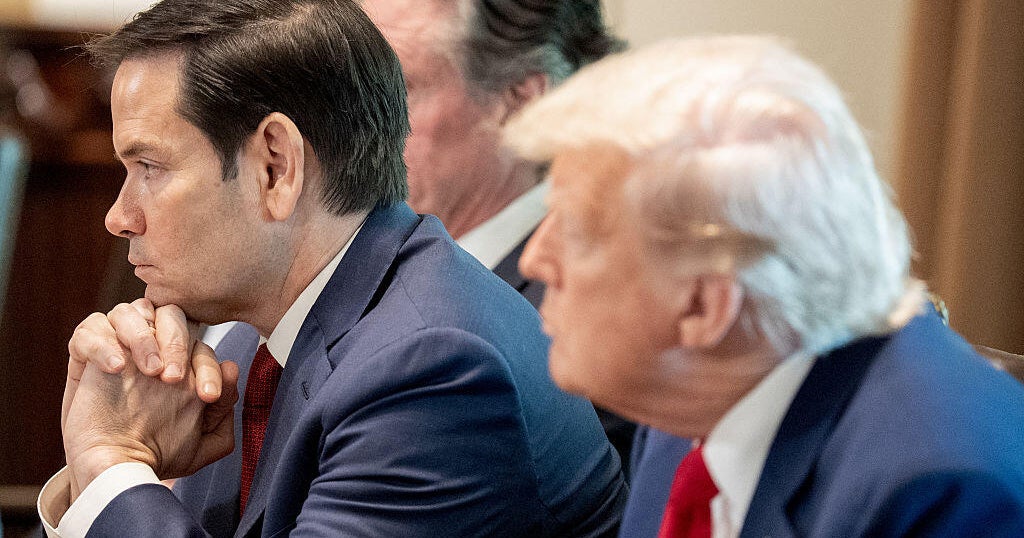U.S.-Rwanda Deportation Agreement Talks: An Overview
Recent discussions between the Trump administration and the Rwandan government could pave the way for Rwanda to accept deportees from the United States, including individuals of African descent and other non-Rwandan nationals. These conversations have been confirmed by officials from both nations.
Details of the Deportation Agreement
Within the next two weeks, both parties are expected to negotiate various aspects of the agreement, particularly regarding potential financial compensation for Rwanda in exchange for accepting these deportees. An official from Rwanda highlighted the country’s prior experience with handling deportations, referencing a past arrangement with the United Kingdom.
Current U.S. Efforts in Immigration Policy
At a recent Cabinet meeting, Secretary of State Marco Rubio mentioned ongoing efforts to identify countries willing to accept individuals expelled from the U.S. He characterized some of these individuals as “the most despicable human beings,” emphasizing a preference for countries that are geographically distant from the U.S.
Previous Deportation Cases
The Trump administration has previously engaged in similar agreements with other nations. For instance, El Salvador has made arrangements to accept deportees, some of whom face imprisonment under contentious conditions. Countries such as Mexico and Panama have also agreed to accept non-nationals who are deported from the U.S.
Rwanda’s Historical Context with Deportees
The Rwandan government’s involvement in deportation discussions comes as the U.S. simultaneously seeks to mediate tensions between Rwanda and the Democratic Republic of Congo (DRC). The country’s experience with deportees could play a vital role in shaping the outcomes of these negotiations.
International Relations and Future Prospects
Rubio also highlighted a recent peace declaration signed between Rwanda and the DRC, indicating a strategic effort to foster stability in the region. The involvement of Massad Boulos, the Trump’s envoy to Africa and Tiffany Trump’s father-in-law, underscores the administration’s commitment to strengthening ties in the continent.
Conclusion
The discussions between the U.S. and Rwanda signify a complex interplay of immigration policy and international relations. As negotiations progress, the outcomes will undoubtedly influence both nations’ approaches to handling deportations and could impact broader regional stability.

